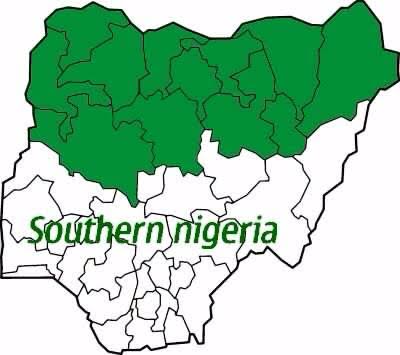Some stakeholders in the South-South have decried the unabated vandalism of public infrastructure by unpatriotic elements in the region.
In separate interviews during a survey, they lamented that government’s efforts to provide critical infrastructure for the people were being thwarted by criminal elements.
According to them, the infrastructure that were worst hit by vandalism included, power installations, telecommunication, oil and gas installations, roads and bridges fittings.
Mr Obeten Obeten, Head of Administration, Cross River Infrastructure Safety and Regulatory Agency, said valuable assets of the state were being destroyed on daily basis.
He particularly condemned theft of gully inlets, manhole covers and other flood containment infrastructure in Calabar and other cities.
To forestall the trend, Obeten said the state government instituted a ban on the movement of scrap materials in the state to stop evacuation of the stolen items by vandals.
He, however, regretted that the law lacked enforcement by the relevant security authorities.
On the efforts by his agency, he said they established a synergy with the Cross River Water Board, the Port Harcourt Electricity Distribution Company, (PHEDC) and telecom operators on protection of their assets.
“When we noticed any form of vandalism, we draw the attention of the agency or operator concerned.
‘’In areas where we cannot get the operator, we go in and salvage the situation within our means,” he said.
Obeten advocated community participation in projects building in order to instill in them a sense of ownership and willingness to protect the assets.
He also urged the government to implement laws protecting public property in order to curtail the rate of infrastructure vandalism.
Speaking in same vein, Supt. Solomon Eremi, of the Nigeria Security and Civil Defense Corps, (NSCDC), said vandalism of telecommunications and power installations as well as road infrastructures was rampant in the region
Eremi, the Public Relations Officer, NSCDC, Cross River command said in spite of inadequate staff strength, the command had tried to reduce the menace of vandalism.
He said some of the arrested culprits by their officers, always blamed the devil, unemployment and poverty as causes of their unpatriotic acts.
He appealed for more information from the public in order to niche activities of vandals and other criminal elements in the bud.
The NSDC image maker urged the government and philanthropists to assist the Command with patrol vehicles.
He called for recruitment and deployment of personnel to the command for more effective operations especially in remote places of the state.
Mr Henry Ekini, a lawyer and National Legal Adviser of Committee of Human Rights (CDHR) in Port Harcourt equally condemned the rampant vandalism of government facilities in the state.
He said, it was disturbing, the rate at which pipelines, telecommunications and power infrastructures were being vandalised and destroyed by hoodlums.
Ekini, specifically, condemned the incessant removal of manhole-covers and steel protectors from roads in Port-Harcourt.
“This anti-social behaviour is condemnable as it has over the years led to avoidable accidents, causing injuries and sometimes death of the victims,” he said.
Ekini listed; poverty, greed, drug use, high unemployment rate and poor security network among the reasons for the rising rate of vandalism in the state.
“Although, these factors are no justification to commit crime, the implication is that, if they are not addressed, more persons, particularly youths will take to crime,” he said
The lawyer suggested multi-dimensional approach including, more employment opportunities, improved access to education and community sensitisation to the dangers of vandalism as measures to curtail the menace.
He added deployment of technology, such as CCTV, drones and security control rooms on the streets to checkmate crime.
Ekini also urged the government to improve funding for maintenance agencies to preserve public facilities before they decay.
“Above all, residents have a huge role to play, as they must be vigilant and look out for suspicious behaviors around public property,” he said.
Mr Onayesemi Berida, Federal Controller of Works, Akwa Ibom, said that replacement of iron and steel components with concrete would protect some of the public infrastructure from vandals.
According to him, iron elements are always attractive and easily disposable by vandals, while concrete elements are not attractive and difficult to be taken away and sold.


